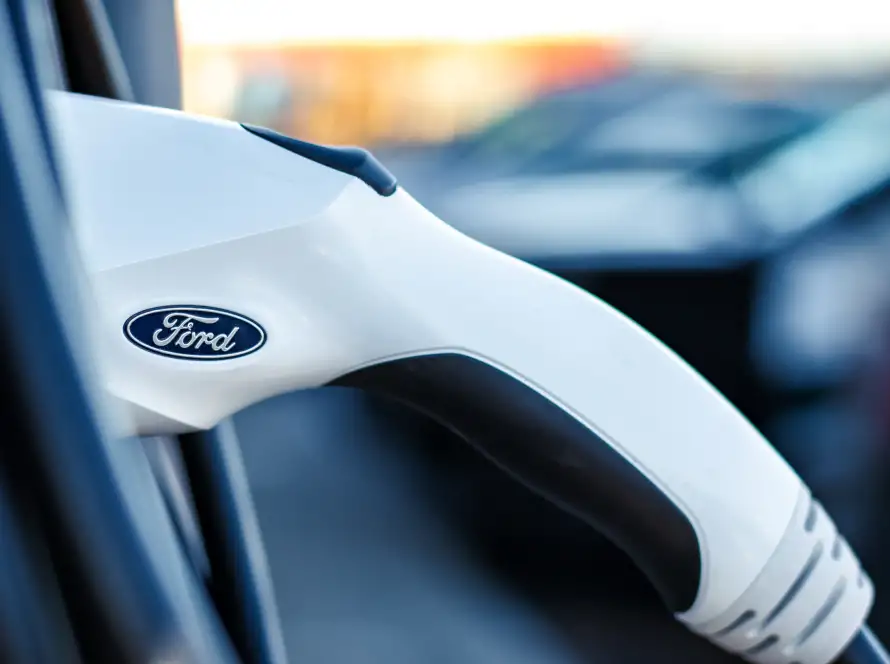Power Steering Issue Sparks Massive Recall
Tesla is recalling nearly 380,000 Model 3 and Model Y vehicles due to a potentially dangerous flaw in the power steering system. A faulty circuit board could cause these EVs to suddenly lose power steering assistance. While the cars remain drivable, the problem becomes especially risky during low-speed maneuvers or when starting from a stop, increasing the chance of accidents.
The Fix: Already Delivered (Sort of)
Here’s the silver lining—most owners don’t need to visit a service center. Tesla claims it has already rolled out a software fix via an over-the-air update. This is one of Tesla’s biggest advantages over traditional automakers: the ability to push updates directly to cars without requiring physical repairs.
Why Tesla’s Software-First Strategy Can Backfire
While the over-the-air update is convenient, this incident highlights a major flaw in Tesla’s approach. The company often relies on real-world feedback rather than exhaustive pre-release testing. As a result, some problems, like this steering issue, don’t surface until thousands of vehicles are already on the road. Tesla reported over 3,000 warranty claims and 570 field reports linked to this defect before addressing it.
A Pattern of Recalls
This isn’t Tesla’s first power steering-related issue. A few years ago, the Model X and Model Y faced similar recalls when rough roads or potholes caused steering system malfunctions. Though software fixes resolved those problems too, it raises questions about Tesla’s quality control process.
The Bigger Picture: EV Reliability Concerns
Tesla isn’t alone in this struggle. Rivian recently ranked last in a reliability study, and Volvo has faced major software delays. These challenges highlight the growing pains of software-defined vehicles, where convenience comes at the cost of early reliability issues.
The Bottom Line
If you own a 2023 Model 3 or Model Y, make sure your vehicle has received the latest software update. It could mean the difference between a smooth drive and a serious safety risk.



